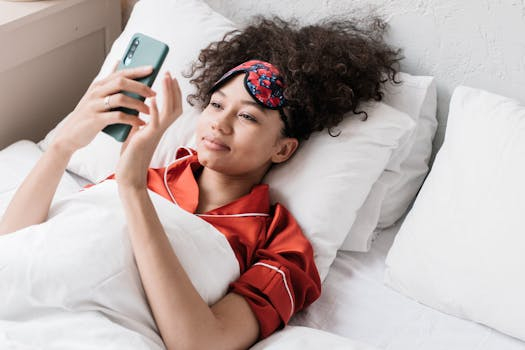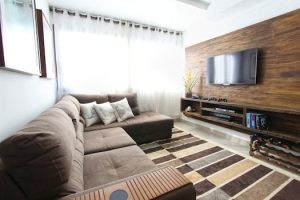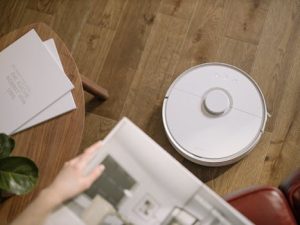Sleep Tech Overload: Do Smart Masks and Pillows Actually Work?
As technology continues to advance at a rapid pace, it’s not surprising that it has now found its way into our sleep routines. Smart masks and pillows, which promise to improve our quality of sleep and overall well-being, have become increasingly popular in recent years. But with this influx of sleep tech, the question arises: do these devices actually work? In this article, we’ll take a closer look at the effectiveness of smart masks and pillows and whether they truly live up to their claims.
The Rise of Sleep Tech
In today’s fast-paced society, sleep often takes a back seat to productivity and success. As a result, a growing number of individuals are turning to technology to help them get a better night’s rest. From ambient noise machines to meditation apps, there is a wide range of sleep tech devices available on the market. However, smart masks and pillows have emerged as the latest trend in sleep technology. These devices use innovative technology to track and improve sleep quality, making them appealing to those who struggle with sleep issues.
The Promise of Smart Masks and Pillows
Smart masks and pillows are designed to provide a more comfortable and restful night’s sleep by monitoring and adjusting to the user’s specific needs. They come equipped with various features such as temperature control, noise cancellation, and even sleep tracking capabilities. The idea behind these devices is that they can address common sleep problems, such as temperature fluctuations and noise disruptions, to create a more conducive environment for sleep. Additionally, most smart masks and pillows come with accompanying apps that provide personalized sleep data and tips for improvement.
Do They Actually Work?
While the concept of incorporating technology into our sleep routines may seem appealing, the question remains, do these devices actually work? The answer, as with most things, is not a straightforward yes or no. Many factors can affect the effectiveness of smart masks and pillows, such as the individual’s sleep habits, the device’s quality, and its compatibility with the user’s needs.
One of the key benefits of smart masks and pillows is their ability to create a comfortable sleeping environment through features like temperature control and noise cancellation. For those who struggle with external factors interrupting their sleep, these devices can make a significant difference. However, if the user’s sleep issues are related to factors such as stress or an underlying medical condition, a smart mask or pillow may not be enough to address the root cause.
Another aspect to consider is the accuracy of the data provided by these devices. While sleep tracking can be helpful in identifying patterns and trends, it’s essential to remember that it is not a substitute for a medical diagnosis. The data collected by smart masks and pillows should, therefore, be used as a general guide rather than a definitive source of information.
The Importance of Individualized Sleep Habits
Smart masks and pillows are designed to adjust to a user’s individual sleep needs. However, it’s crucial to note that everyone’s sleep habits and patterns are unique. What works for one person may not work for another, making it challenging to determine the effectiveness of these devices on a broader scale. Additionally, an individual’s sleep needs can change over time, which can also affect the device’s effectiveness.
The Final Verdict
While smart masks and pillows may not be the ultimate solution to all of our sleep problems, they can be beneficial for some individuals. These devices can create a more comfortable sleep environment and provide helpful sleep data. However, they should not be relied upon as the sole solution for sleep issues. It’s crucial to address any underlying causes of sleep problems and develop healthy sleep habits to truly achieve improved sleep quality.
In Conclusion
As the popularity of smart masks and pillows continues to grow, it’s essential to approach these devices with a critical eye. While they can offer some benefits, they are not a one-size-fits-all solution. It’s essential to consider individual sleep habits and be cautious of placing too much reliance on sleep tech devices. In the end, the key to a good night’s sleep may not be found in a smart mask or pillow but in finding a balance between technology and our natural sleep cycles.









